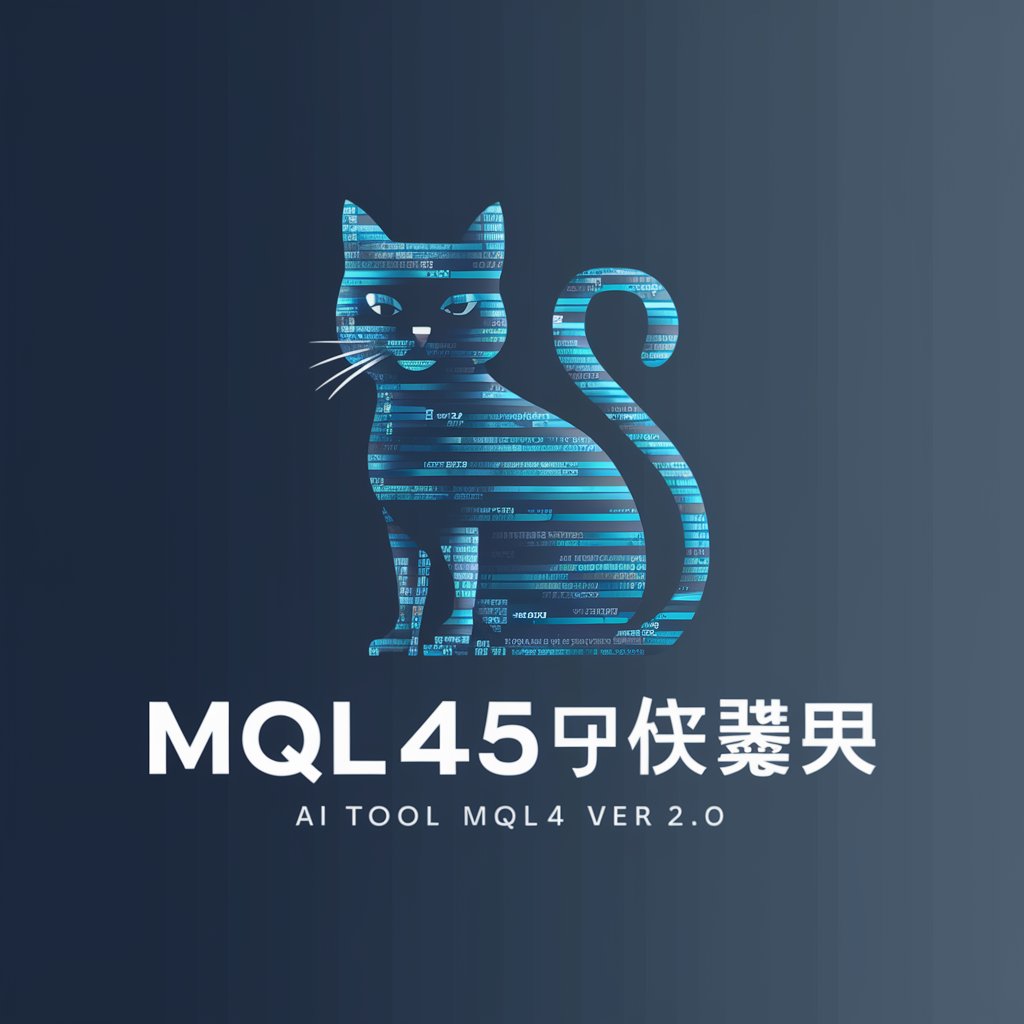LTV Marketing - LTV Marketing Insights

Hello! I'm here to help you enhance your Lifetime Value through effective marketing strategies.
Maximize Customer Value with AI
Can you provide insights on optimizing customer retention through targeted marketing?
What are the best strategies to increase customer Lifetime Value in e-commerce?
How can we leverage data analytics to enhance our marketing efforts?
What are the key metrics to track for improving customer Lifetime Value?
Get Embed Code
Introduction to LTV Marketing
LTV Marketing, or Lifetime Value Marketing, refers to strategies and practices focused on increasing the total revenue a business can expect from a single customer throughout their relationship with the company. This approach emphasizes the long-term value of customer relationships rather than short-term transactions. By enhancing customer satisfaction, loyalty, and engagement, businesses aim to maximize the revenue generated from each customer over time. For example, a telecom company might implement LTV Marketing strategies by offering tailored service bundles or loyalty rewards to long-standing customers, thereby encouraging continued patronage and increasing the lifetime value of these customers. Powered by ChatGPT-4o。

Main Functions of LTV Marketing
Customer Segmentation
Example
Using data analytics to categorize customers based on their purchasing behavior and preferences.
Scenario
A retail clothing brand segments its customers into groups such as 'frequent shoppers', 'seasonal shoppers', and 'discount-driven shoppers' to tailor marketing communications and offers, thereby optimizing the spending and loyalty of each segment.
Personalized Marketing
Example
Crafting individualized marketing messages and offers based on customer data.
Scenario
An online bookstore uses purchase history and browsing data to recommend personalized book selections to each customer through targeted emails, increasing repeat purchases.
Loyalty Programs
Example
Designing rewards systems that incentivize repeated business from customers.
Scenario
A coffee shop chain introduces a points-based loyalty program where customers earn points for every purchase, which can be redeemed for free drinks or discounts, encouraging ongoing patronage.
Customer Feedback Loop
Example
Implementing systems for collecting and acting on customer feedback to improve products and services.
Scenario
A software company regularly solicits user feedback through surveys and in-app prompts to guide product updates, ensuring that the service evolves in line with customer needs and preferences.
Ideal Users of LTV Marketing Services
E-commerce Businesses
Online retailers and marketplaces can greatly benefit from LTV Marketing by leveraging customer data to personalize shopping experiences, optimize marketing campaigns, and increase customer retention through targeted strategies.
Subscription-Based Services
Companies offering subscription-based products or services, such as streaming platforms or software-as-a-service (SaaS) businesses, are ideal users. They rely on long-term customer relationships, making strategies to increase the lifetime value of each subscriber crucial for sustained growth.
Brick-and-Mortar Retailers
Physical retailers can use LTV Marketing to enhance in-store experiences, develop loyalty programs, and integrate online and offline data for a holistic view of customer behavior, driving repeat visits and purchases.
B2B Companies
Business-to-business enterprises benefit from LTV Marketing by building stronger relationships with their clients through customized solutions, regular engagement, and value-added services, leading to increased customer lifetime value.

How to Utilize LTV Marketing Effectively
Begin with a Free Trial
Start by visiting yeschat.ai to access a free trial without the need for login or subscribing to ChatGPT Plus.
Define Your Objectives
Identify specific marketing goals you aim to achieve with LTV Marketing, such as increasing customer retention, boosting average order value, or enhancing customer engagement.
Segment Your Audience
Utilize data analytics to segment your customer base into meaningful groups based on their behavior, preferences, and value to your business.
Implement Targeted Strategies
Apply targeted marketing strategies tailored to each customer segment, focusing on personalized communication, rewards, and offers to maximize customer lifetime value.
Analyze and Optimize
Regularly review the performance of your LTV marketing efforts using analytics tools, and optimize strategies based on insights gained to improve outcomes.
Try other advanced and practical GPTs
Princess Market Advisor
Empowering Female-Focused Marketing with AI

教えて!練馬区のゴミ分別
AI-powered waste separation guidance for Nerima Ward.

Gen Z Academic Supporter
Empowering Gen Z with AI-driven learning.

Map Search Engine Optimization Marketer
Elevate Your Map Presence with AI

Brown Object Detector
Pinpointing 'うんぴ' with AI Precision

小红书助手
Elevate Your 小红书 Presence with AI

Monetize Master
Optimize revenue with AI-powered strategies

Middle School Exam Pro
AI-powered exam preparation made easy

Short Video Marketing Advisor
Elevate Your TikTok Strategy with AI

MQL4→5書き換えぬこ ver2.0
Transform your trading algorithms effortlessly.

Don't warry
Empathy at Your Fingertips

FéeDéco
Enchanting your space with AI magic.

Frequently Asked Questions about LTV Marketing
What is LTV Marketing?
LTV Marketing focuses on strategies designed to increase the lifetime value of customers by enhancing their overall experience, loyalty, and profitability to the business over time.
How does LTV Marketing improve customer retention?
It leverages personalized marketing tactics and customer engagement strategies to build stronger relationships, thereby increasing the likelihood of repeat purchases and long-term loyalty.
Can LTV Marketing help in reducing acquisition costs?
Yes, by focusing on retaining existing customers and increasing their value, businesses can reduce the reliance on costly acquisition strategies and improve their overall ROI.
What role does data analytics play in LTV Marketing?
Data analytics is crucial for segmenting customers, understanding their behavior, and tailoring marketing strategies to their preferences and value, enabling more effective targeting and optimization.
How can small businesses implement LTV Marketing effectively?
Small businesses can start by collecting customer data, segmenting their audience based on value and behavior, and implementing personalized communication and rewards programs to enhance customer value.
